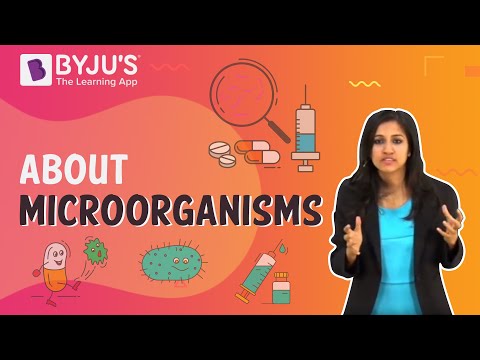According to the CBSE Syllabus 2023-24, this chapter has been renumbered as Chapter 7.
What Is Health?
In simple terms, Health can be defined as being free from all diseases and infections. According to the World Health Organization (WHO), health is not only the absence of disease or illness. It is a state of an active and energetic condition, including physical, mental, and social well-being. A balanced diet and regular exercise play an important role in maintaining the good health of an individual. There are many factors which affect health, such as:
- Poorly balanced diet
- Genetic disorders
- Stress and anxiety
- Infection from pathogens
- Intake of unhealthy and unhygienic food
- Lack of exercise and other physical activities
To maintain good health, an individual should include a healthy and balanced diet and maintain personal hygiene along with regular exercise and other physical activities. Everyone should be aware of the different types of diseases and their effects.
Read More: Important Questions for Class 12 Chapter 8: Human Health and Diseases
What Are Diseases?
A disease is an abnormal condition affecting a healthy living organism. It is broadly divided into infectious and non-infectious.
Infectious diseases- These diseases are caused by the pathogens, such as bacteria, viruses, fungi, and parasites and can be easily transmitted from one person to another; hence it is also known as a contagious or communicable disease. Common Cold, Tuberculosis, flu, ringworm, and malaria are some examples of infectious diseases.
Non-infectious diseases- Diseases which cannot be transmitted from one person to another are called non-infectious disease, it is also known as non-communicable disease. These diseases can be either caused by genetic disorders, unhealthy diets, lack of physical activity and a few environmental factors.
Some Common Diseases in Humans
- A pathogenic bacterium known as Salmonella typhi is known to cause typhoid in humans. This fever can be confirmed by the Widal test.
- Pneumonia is caused by Streptococcus pneumoniae and Hemophilus influenza.
- Rhinovirus, a group of viruses, is known to cause one of the most infectious ailments in humans, cold.
- Plasmodium, a small protozoan, causes malaria. Another protozoan, Entamoeba histolytica, causes amoebiasis (amoebic dysentery).
- Ascaris(an intestinal parasite) causes ascariasis.
- Wuchererta, the filarial worm, causes filariasis or elephantiasis.
Immunity
Immunity is defined as the ability of the body to protect, defend and fight against invading pathogens like bacteria, viruses, and other foreign bodies and toxic substances. There are two types of immunity.
- Innate immunity – non-specific defence type of immunity present at the time of birth achieved by the provision of 4 barrier types – the physical barrier, physiological barrier, cellular barrier, and cytokine barrier.
- Acquired immunity – pathogen-specific immunity that is characterized by memory.
Active and Passive Immunity
Active immunity is where the host produces antibodies in the form of dead or living microbes when it is exposed to antigens. It is a slow process, taking time to provide its full effective response. Passive immunity, on the other hand, is the immunity where ready-made antibodies are given directly to protect the body against any foreign agents.
AIDS
- Acquired Immuno Deficiency Syndrome is caused by HIV(Human Immunodeficiency Virus), a member of the retrovirus group.
- It is generally transmitted through sexual contact with an infected person, blood transfusion with contaminated blood and its products, through the share of infected needles, from the infected mother to her child through the placenta. ELISA(Enzyme-linked immunosorbent assay) is the diagnostic test for AIDS.
Also See: Cancer, Adolescence and Drug Abuse
For more information on Vaccines and Antibiotic, watch the below video

Few Important Questions
- Define immunity and its types.
- Define addiction and dependence.
- What is Elisa? and what it is used for?
- What is cancer? Explain in brief the types, diagnoses and treatments available for cancer.
- List out the causes, symptoms, and available treatment for influenza.
Learn more about human health and different types of disease from the topics given below:
| Diseases | Human Diseases |
| Health And Hygiene | Health and Diseases |
Frequently Asked Questions on CBSE Class 12 Biology Notes Human Health and Disease
What are genetic disorders?
Genetic disorders occur when a mutation affects your genes or when you have the wrong amount of genetic material.
What is immunity?
Immunity can be defined as a complex biological system endowed with the capacity to recognize and tolerate whatever belongs to the self.
What is AIDS?
Acquired Immuno Deficiency Syndrome is caused by HIV (Human Immunodeficiency Virus), a member of the retrovirus group.
Comments